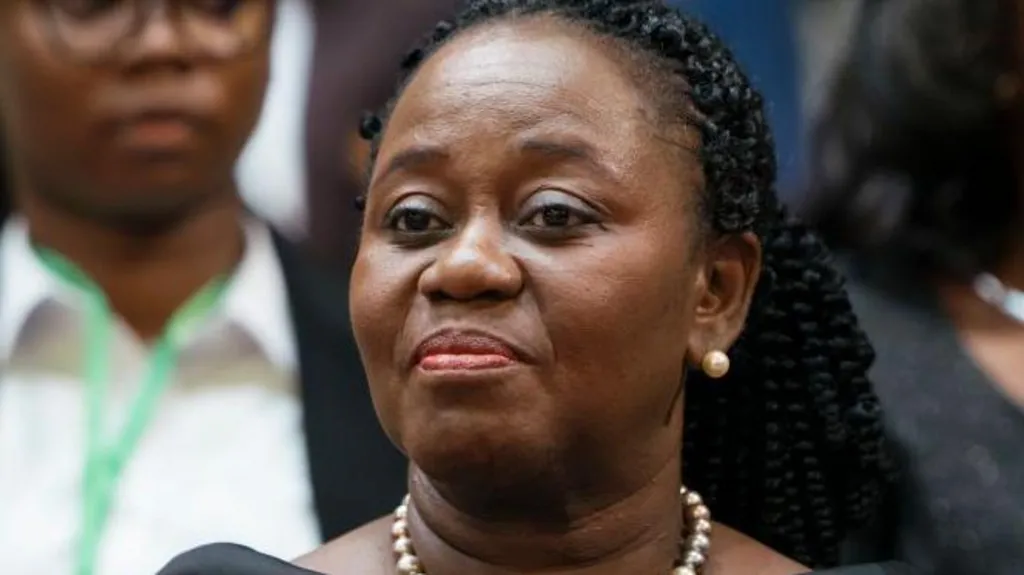GHANA’s President John Mahama has fired the country’s Chief Justice Gertrude Torkornoo following a recommendation by an inquiry.
She had been on suspension since April after complaints were lodged against her in petitions by three individuals.
A president-appointed commission then found that “grounds of stated misbehaviour… had been established and recommended her removal from office”, Mahama’s office said on Monday. Ms Torkornoo has dismissed the allegations as unfounded and politically motivated.
The presidency said Mahama was required to act in accordance with the committee’s recommendations. But critics fear it sets a worrying precedent and undermines judicial independence.
In its investigation, the panel reviewed 10,000 pages of evidence from 13 witnesses on behalf of petitioner Daniel Ofori. The chief justice also testified and called 12 other witnesses, including experts.
The two other petitions have not been concluded.
Ms Torkornoo has also been removed as a judge of the Supreme Court following the committee’s findings.
The inquiry found evidence of unlawful expenditure of public funds linked to her private travel. Her spouse and daughter were reportedly paid allowances using public funds during a private trip with her husband to Tanzania in 2023 and another to the US with her daughter.
She also faced allegations of interference in appointments by sidestepping procedures for appointing Supreme Court judges and abusing powers in the transfer of a judiciary employee.
Ms Torkornoo, Ghana’s third female chief justice, was nominated in 2023 by former President Nana Akufo-Addo.
She is the first sitting chief justice to be investigated and dismissed.
Chief justices in Ghana enjoy security of tenure – meaning they can only be removed from office on a few grounds, which include incompetence and misbehaviour.
However, Ms Torkornoo’s legal representatives have dismissed the basis for her removal.
In April, the opposition New Patriotic Party condemned her suspension, describing it as a political witch hunt and an attempt to undermine judicial independence.
Multiple lawsuits challenging the removal process were unsuccessful.
She had previously survived a removal request under Akufo-Addo, who found the petition to have “several deficiencies”.







